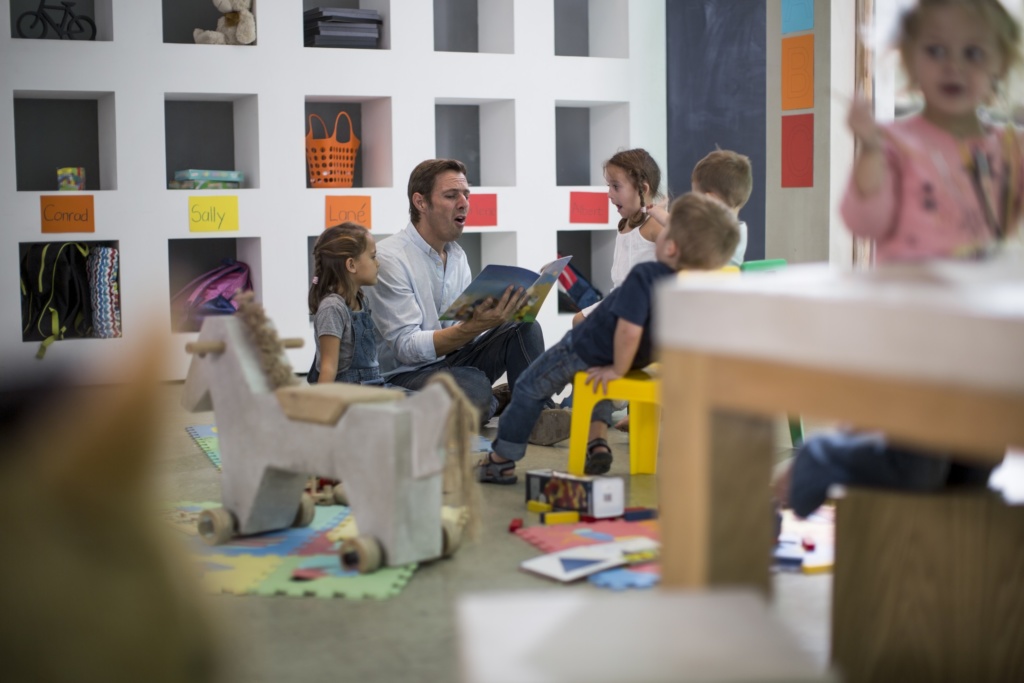
Reading. For some of us, it is the door opener to new worlds and new ideas, the source of hours of pleasure, entertainment and enjoyment, and a skill we use every day to access information, make decisions, manage our lives, health, money and relationships. When you see reading like this it becomes hard to imagine what life is like if you don’t have this skill, if you struggle with reading, and if being asked to read for ten minutes every day to and with your child fills you with dread.
Reading is a hard skill to acquire. It takes time and concentration and practice. If you aren’t very good at reading as a child then, very often it is not something you want to devote your leisure hours to – particularly if no one around you seems to be doing so. If your family doesn’t own books and can’t afford them,if your local library is a bus ride away and you don’t have the money for a ticket, if you never see the cool kids reading or your peers, or your parents or carers, if none of your friends would be seen dead going into the library or a book shop, then what is going to inspire you to take the time needed to develop the skill? If you don’t do it yourself then what hope is there for your children?
At the Reading Agency we believe that everything changes when we read. We use the proven power of reading to tackle some of the big societal problems like literacy, under-achievement, unemployment and ill health, and we work with people of all ages (from 4 onwards), with passionate and committed readers and with people who struggle with, or dislike, reading.
But we don’t underestimate the hard work needed to get people to open a book or a magazine or a newspaper. Everything we do starts from an understanding of need – both the societal needs which reading can help tackle and the individual needs which shape whether or how we engage in a reading programme and, if we do, what we take from it.
The links between illiteracy and poor life outcomes such as poverty, unemployment social exclusion, crime and long-term illness are well established (World Literacy Foundation 2015). In the UK today, one in four children cannot read well by the age of 11 (Warren 2014). Some 16.4 per cent of adults in the UK score at the lowest level of proficiency in literacy costing the UK £81 billion a year in lost earnings and increased welfare spending, and 32 per cent of adults don’t read for pleasure. The knock-on effects of this are huge: adults who can’t read, or don’t enjoy reading, are less likely to read to, and with, their children, thus creating a cycle of poor literacy levels amongst children, which then has a major impact on their lives. The 2006 Progress in International Reading Literacy Study (Ina et al. 2007) showed that reading for pleasure is a more powerful factor in life achievement than socio-economic background. What this means is that as well as missing out on the transformative power of creative reading, those who struggle to read also struggle to access help and care and support in many other areas of their lives.

Even those who can read well benefit from understanding more about its proven and beneficial powers and about how it can help them to tackle some of the challenges they and their peers, families and communities are facing.